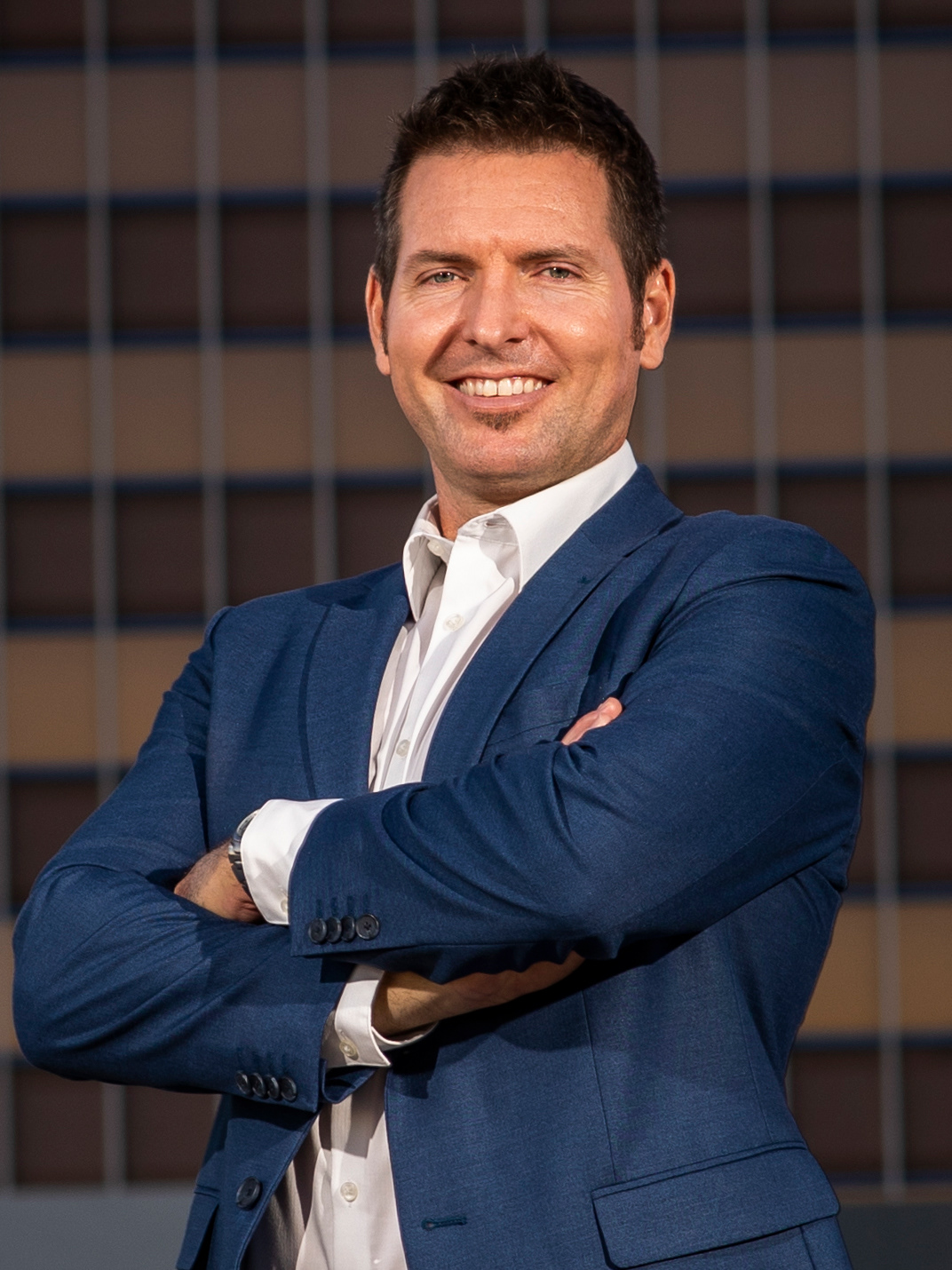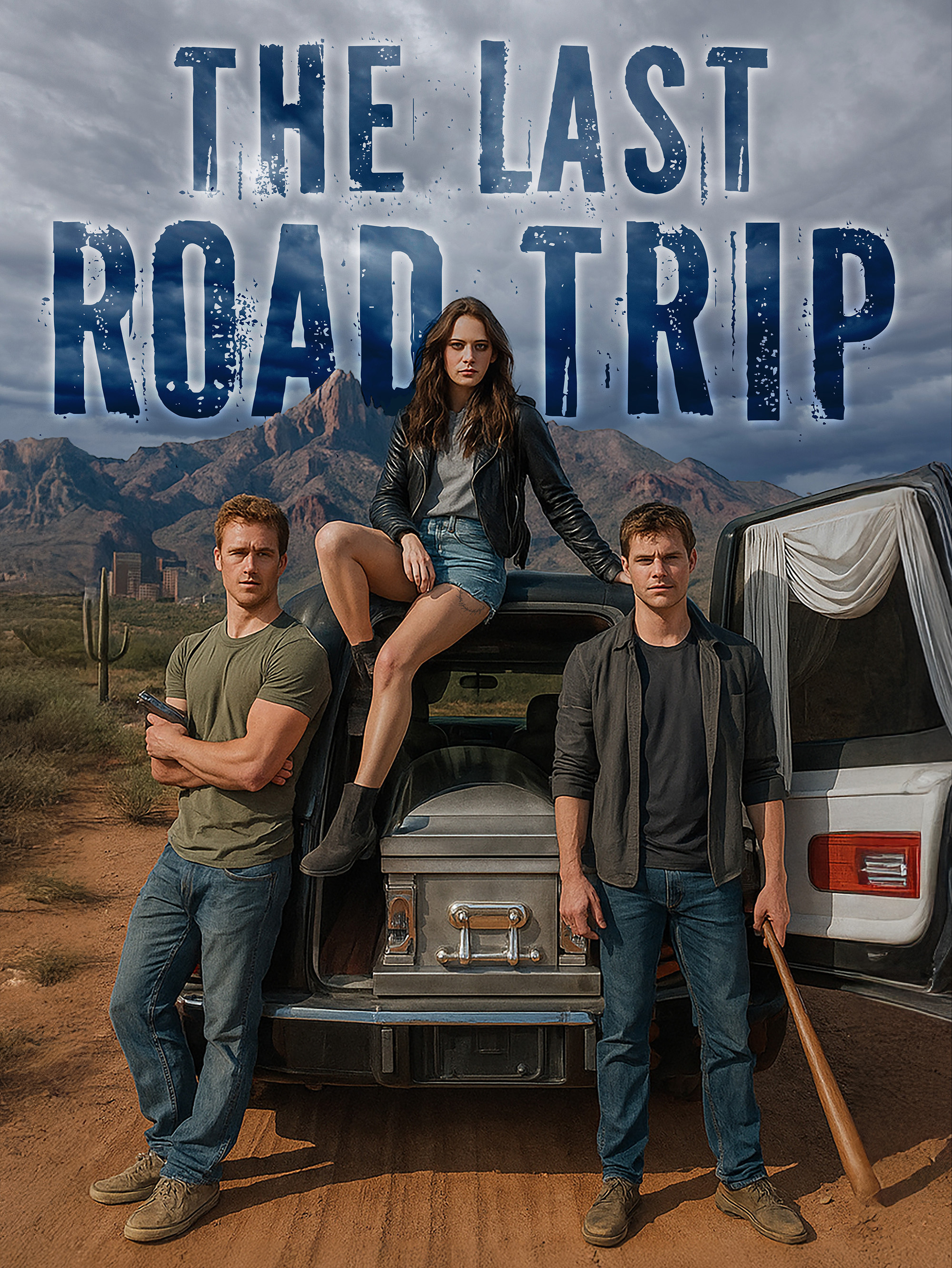As filmmakers, we strive to explore the human experience and find meaning or lack of meaning in it. I also try to keep in mind that the foundation of storytelling is in the act of our primitive ancestors telling tales around the fire. When you are directing a film, it is your turn at the fire circle. You have to engage the audience and make them want to take the journey, make them care about the characters, and make them want to know how the story concludes. If you lose track of that, you've lost track of why we tell stories in the first place. You also risk getting clubbed by your fellow Neanderthals.
What I've learned through my production experience and watching the films of many other artists, is that the simplest approach to telling a story is quite often the most effective. I've also learned that plot is important, but having characters that drive the story is much more engaging. Plot driven stories tend to be light on character development and the performance nuances that we ultimately identify with as an audience; particularly a more mature or sophisticated audience.
A lesson that I learned after completing a pilot for a teen drama series, was that I wanted to produce projects that I wanted to watch myself. Filmmaking is the ultramarathon of art. If you are not passionate and obsessed with getting your story told, it is unlikely that you will reach the finish line. Most film projects are on a production timeline measured in years. I want to tell stories that I find compelling and inspiring, about characters that I can identify or at least empathize with.
And lastly, I want to tell these stories with people that I like, that I trust, and that share my enthusiasm for the project. There is nothing more fun, invigorating, and creatively gratifying than working with a harmonious team. It makes you better as an artist and ultimately elevates the project to its full potential.
What I've learned through my production experience and watching the films of many other artists, is that the simplest approach to telling a story is quite often the most effective. I've also learned that plot is important, but having characters that drive the story is much more engaging. Plot driven stories tend to be light on character development and the performance nuances that we ultimately identify with as an audience; particularly a more mature or sophisticated audience.
A lesson that I learned after completing a pilot for a teen drama series, was that I wanted to produce projects that I wanted to watch myself. Filmmaking is the ultramarathon of art. If you are not passionate and obsessed with getting your story told, it is unlikely that you will reach the finish line. Most film projects are on a production timeline measured in years. I want to tell stories that I find compelling and inspiring, about characters that I can identify or at least empathize with.
And lastly, I want to tell these stories with people that I like, that I trust, and that share my enthusiasm for the project. There is nothing more fun, invigorating, and creatively gratifying than working with a harmonious team. It makes you better as an artist and ultimately elevates the project to its full potential.






